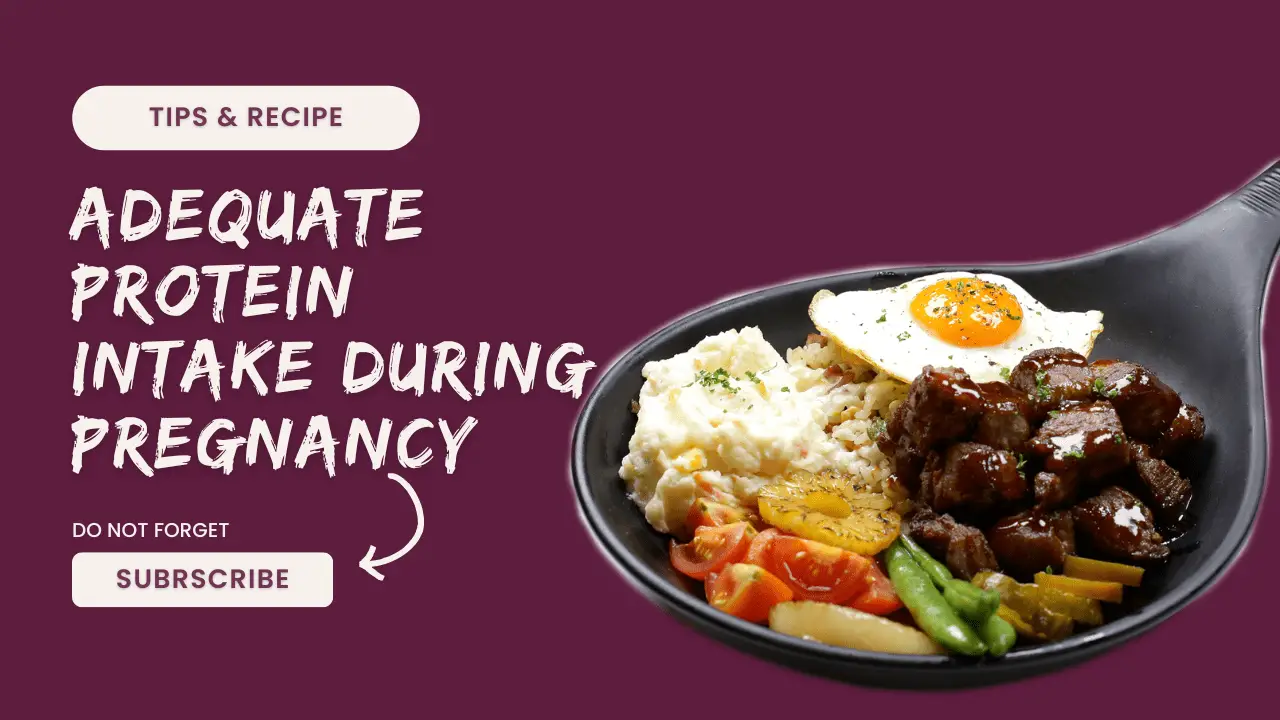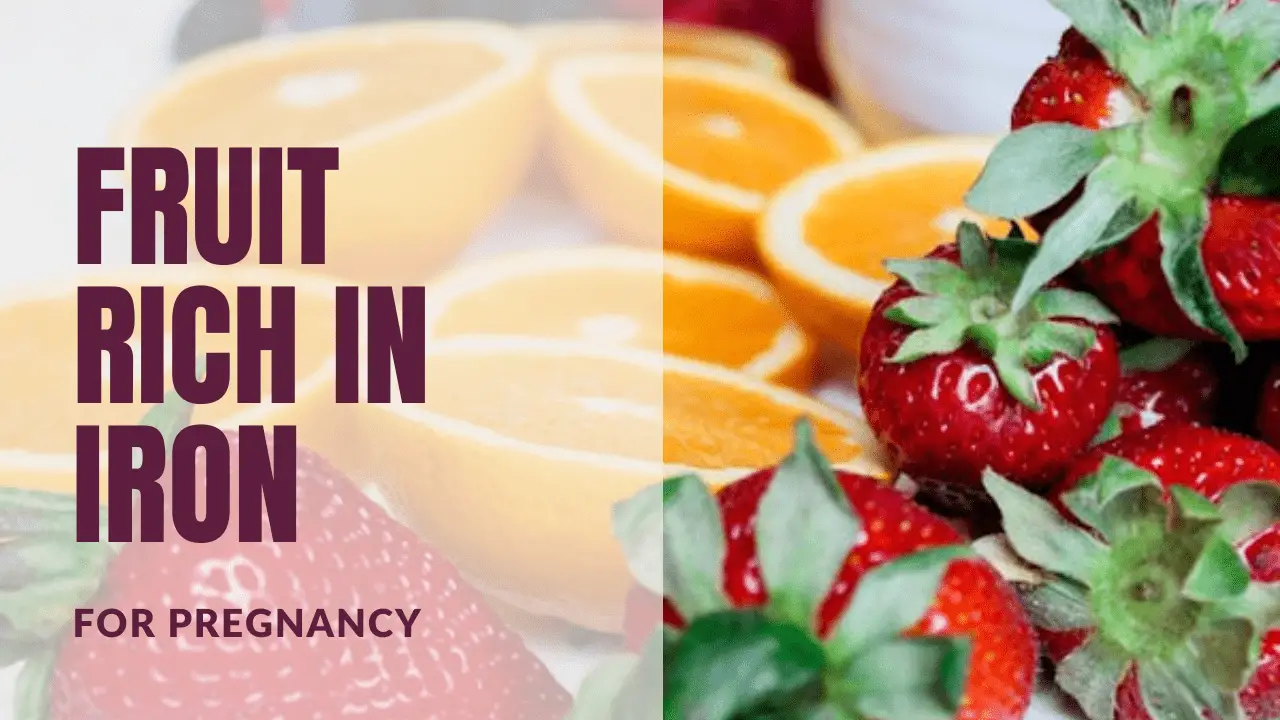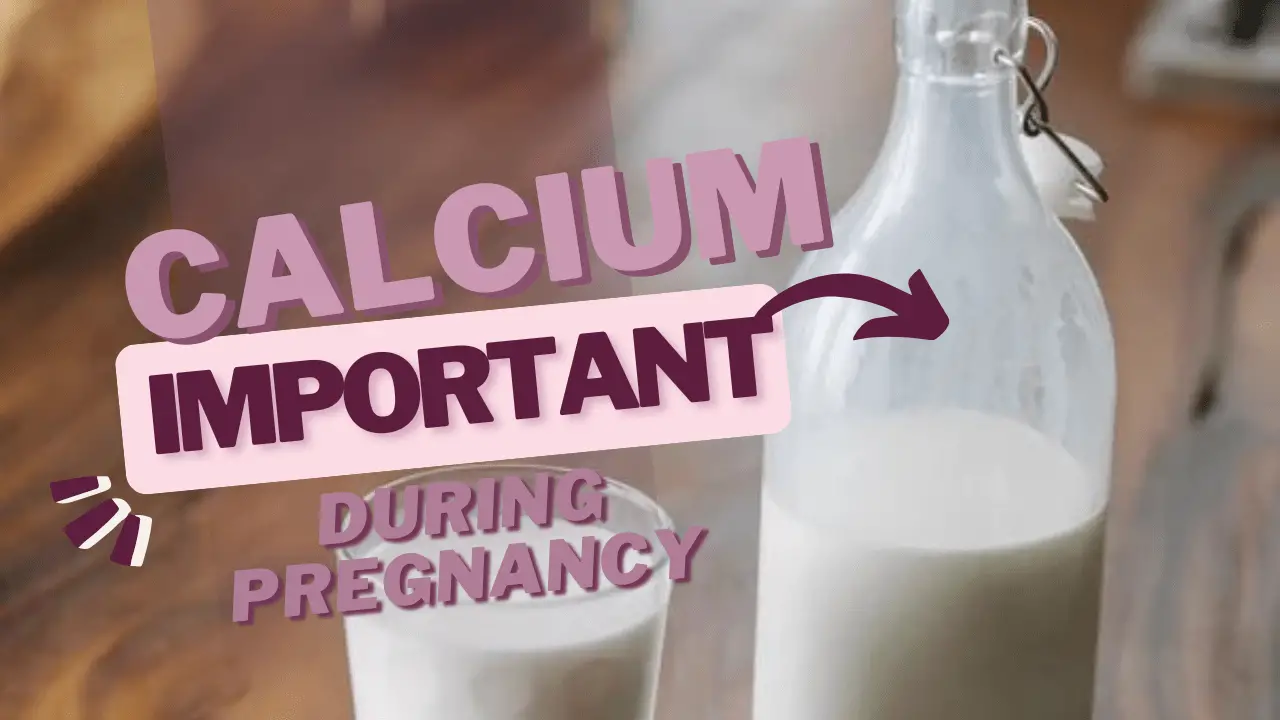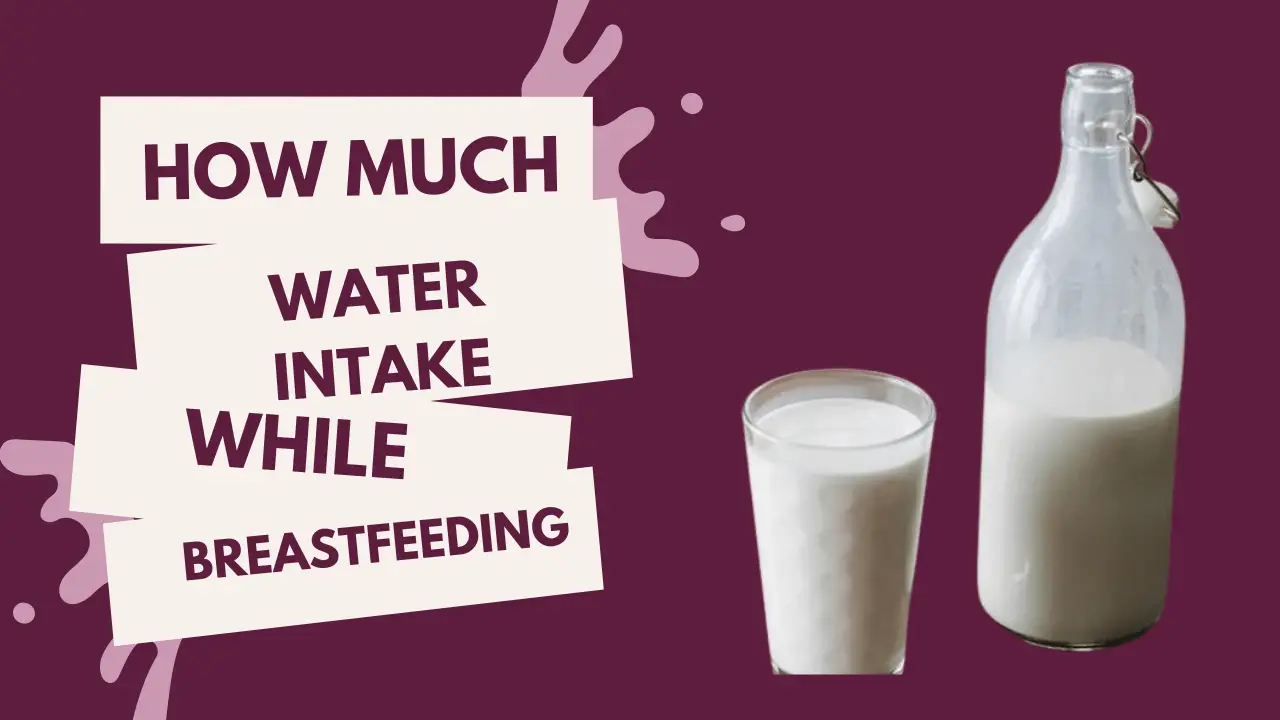How to Ensure Adequate Protein Intake During Pregnancy: Tips and Recipes
Pregnancy-related protein intake must be sufficient for the mother’s and the unborn child’s health and growth. Building and mending tissues, generating hormones, and sustaining the developing fetus all depend on protein. Protein requirements rise dramatically throughout pregnancy in order to meet the needs of the developing fetus and change the mother’s body. It can occasionally be difficult to meet these additional needs, particularly given the changes in dietary requirements that occur with each trimester. You’ll learn practical methods in this blog post to make sure you’re getting adequate protein. To assist you in reaching your protein objectives, we’ll go over important protein sources, offer helpful advice on meal planning, and share mouthwatering recipes. Making protein a top priority in your diet can help you have a healthy pregnancy and encourage the best possible growth for your unborn child. Protein intake during pregnancy: Protein is a vital ingredient for your growing child as well as for you. It helps the tissues, organs, and brain of your unborn child grow and develop. Your body needs protein during pregnancy to create new blood vessels, breast, and uterine tissue. For expectant mothers, 75 grams of protein should be consumed every day. This is roughly 25 grams more protein than the daily allowance that is advised for women who are not pregnant. Here’s a breakdown of how protein benefits you and your baby during pregnancy: Fetal development: Protein is a building block for your baby’s cells, tissues, and organs. It’s crucial for healthy growth throughout pregnancy. Increased blood supply: You’ll have an increased blood volume as your pregnancy progresses. Protein is needed to produce the extra blood cells that carry oxygen and nutrients to your baby. Uterine and breast tissue growth: Your uterus grows significantly to accommodate your baby. Protein is essential for this growth, as well as for the development of breast tissue in preparation for breastfeeding. To ensure you meet your protein needs during pregnancy, incorporate a variety of protein-rich foods into your diet. Lean meats, poultry, fish, eggs, dairy products, beans, lentils, nuts, and seeds are all great sources of protein. Top Protein-Rich Foods: When aiming to meet your protein needs during pregnancy, choosing the right sources is essential for supporting both maternal health and fetal development. Here are some top protein-rich foods that can help you achieve optimal “protein intake during pregnancy”: Lean Meats: Chicken, turkey, and lean cuts of beef or pork are excellent sources of high-quality protein. They provide essential amino acids needed for tissue growth and repair. Fish: Salmon, trout, and sardines are rich in protein and also provide beneficial omega-3 fatty acids. However, it’s important to choose low-mercury options and limit consumption to ensure safety. Eggs: Eggs are a versatile and complete protein source, meaning they provide all essential amino acids. They also contain important nutrients like choline, which supports brain development. Legumes: Beans, lentils, and chickpeas are excellent plant-based protein sources. They also provide fiber, iron, and other essential nutrients that support a healthy pregnancy. Dairy Products: Greek yogurt, milk, and cheese offer high-quality protein and calcium, which is important for bone health. Nuts and Seeds: Almonds, chia seeds, and hemp seeds provide protein as well as healthy fats. They’re also easy to incorporate into various meals and snacks. Including these protein-rich foods in your diet can help you meet your protein needs and ensure adequate “protein intake during pregnancy,” contributing to a healthy and balanced pregnancy. Meal Planning Tips: Effective meal planning is key to ensuring you meet your protein needs throughout pregnancy. Here are some practical tips for incorporating sufficient protein into your diet and optimizing “protein intake during pregnancy”: Start with Protein-Rich Breakfasts: Begin your day with high-protein options like Greek yogurt with nuts, eggs scrambled with vegetables or a protein smoothie. A protein-rich breakfast sets a positive tone for the rest of the day and helps maintain energy levels. Include Protein in Every Meal: Aim to include a protein source in each meal and snack. For lunch, add grilled chicken or tofu to a salad. For dinner, consider a dish like lentil soup or a quinoa and bean casserole. This approach helps evenly distribute protein intake throughout the day. Plan Balanced Snacks: Keep protein-rich snacks handy, such as nut butter on whole-grain crackers, cottage cheese with fruit, or a handful of almonds. These snacks can help bridge the gap between meals and prevent protein deficiencies. Prep in Advance: Plan and prepare meals in advance to ensure you always have protein-rich options available. Cook larger batches of protein sources like chicken breasts or beans, and store them in the refrigerator or freezer for quick, nutritious meals. Experiment with Recipes: Incorporate a variety of protein sources into your meals to keep things interesting and ensure you’re getting a range of nutrients. Try new recipes that include beans, nuts, lean meats, and dairy. By following these meal planning tips, you can effectively manage your “protein intake during pregnancy” and support a healthy, balanced diet. Easy Protein-Packed Recipes: Incorporating easy, protein-packed recipes into your diet can help ensure you meet your nutritional needs during pregnancy. Here are some simple and delicious recipes that support optimal “protein intake during pregnancy”: Protein-Enriched Smoothie Bowl: Ingredients: Greek yogurt, frozen berries, a scoop of protein powder, and chia seeds. Instructions: Blend Greek yogurt with frozen berries and a scoop of protein powder until smooth. Pour into a bowl and top with chia seeds and fresh fruit. This smoothie bowl is rich in protein and can be customized with various toppings for added nutrients. High-Protein Quinoa and Bean Salad: Ingredients: Cooked quinoa, black beans, corn, cherry tomatoes, avocado, and a lime dressing. Instructions: Combine cooked quinoa with black beans, corn, cherry tomatoes, and diced avocado. Toss with a dressing made from lime juice, olive oil, and a pinch of salt. This salad is packed with protein and fiber, making it a nutritious, satisfying meal. Protein-Packed Chicken and Vegetable Stir-Fry: Ingredients: Chicken breast, bell peppers, broccoli, snap peas, soy sauce, and … Read more









